Organic brew news is coming across the wire like crazy today! Domestic sales of organic food and drink grew from $1 billion in 1990 to $14 billion in 2006, according to the U.S. Department of Agriculture. Organic beer still represents less than 1 percent of U.S. beer sales, but those sales doubled to $19 million between 2003 and 2005 (the last year with available figures), according to the Organic Trade Association. In 2005, organic beer ranked with coffee as the fastest-growing organic beverage.
But organic beer isn’t easily brewed; it can be expensive–especially for small, craft brewers–to maintain separate equipment for organic brewing, and, most notably, to obtain organic hop flowers.Organic hops are 20 to 30 percent more expensive than conventional hops, and brewers must import them (especially those from New Zealand) because hops grown commercially in the United States are sprayed with pesticides to fight mites, mildew and other plagues. Lastly, only a few varieties of hops are grown organically (nonorganic varieties number in the dozens).
Last year brewing Golieth (biblical reference intended, as some day the little brew guy will kick the big guy’s ass) Anheuser-Busch debuted organic beer under its Wild Hop and Stone Mill labels, instantly changing the organic brewing industry.
Anheuser-Busch’s venture into organic beer suggests a strong market, but, by the same token, the company has often been criticized for using less than 10 percent organic hops in its beer. (Although hops contribute a great deal to flavor, they constitute nearly nothing to the percentage of a finished beer; and so Anheuser-Busch’s new labels still meet the USDA’s requirement that 95% of ingredients be organic to qualify for certification).
I’m hopeful, however, that if the tread towards organic products in the U.S. continues, more U.S. growers will produce organic hops, lowering the price of the flower and rising the bar of beer in America.
–
